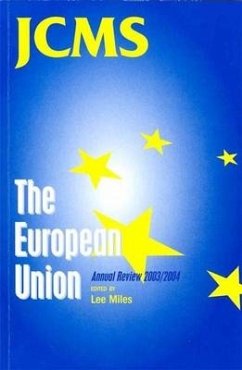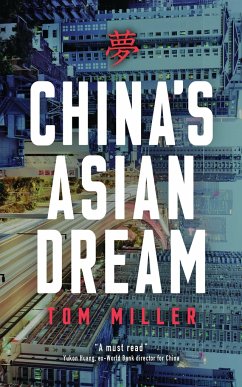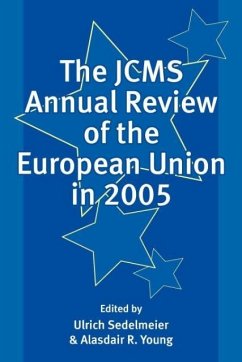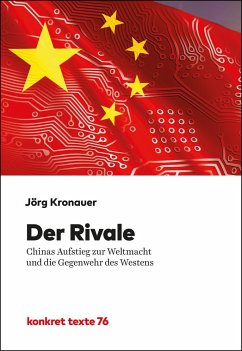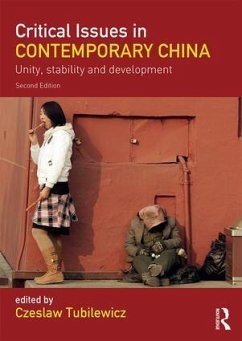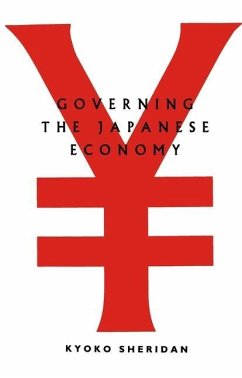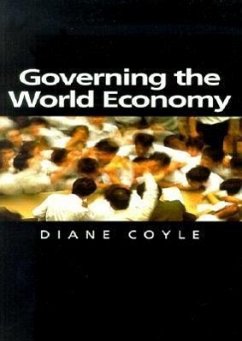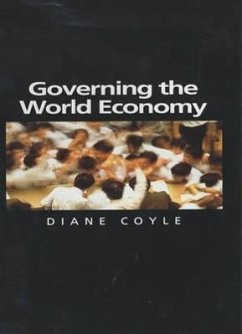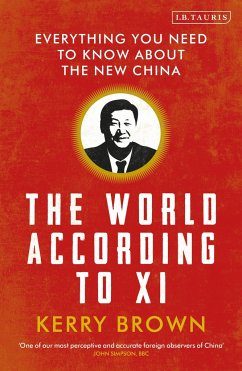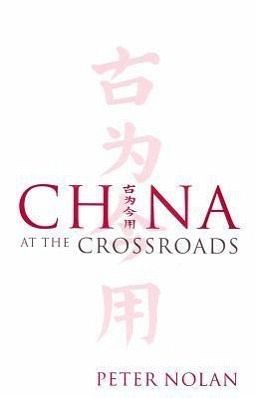
China at the Crossroads
Versandkostenfrei!
Versandfertig in über 4 Wochen
68,99 €
inkl. MwSt.
Weitere Ausgaben:

PAYBACK Punkte
34 °P sammeln!
This is a concise and timely book on a hugely important topic - China in the twenty-first century. Peter Nolan argues that China faces a series of complex problems, most of which are the consequence of its rapid growth since the process of 'reform and opening up' began in the late 1970s. Among the challenges facing the leadership are issues of poverty and inequality, the global business revolution, the environment, the capability and role of the state, international relations, the Communist Party and the economy. The way in which it responds to these will determine the country's pattern of dev...
This is a concise and timely book on a hugely important topic - China in the twenty-first century. Peter Nolan argues that China faces a series of complex problems, most of which are the consequence of its rapid growth since the process of 'reform and opening up' began in the late 1970s. Among the challenges facing the leadership are issues of poverty and inequality, the global business revolution, the environment, the capability and role of the state, international relations, the Communist Party and the economy. The way in which it responds to these will determine the country's pattern of development for a long period ahead. While there are several paths open to it, Nolan argues that China has historically developed its own 'Third Way' between state and market, and that this is the only rational solution to the challenges it faces in the twenty-first century.



